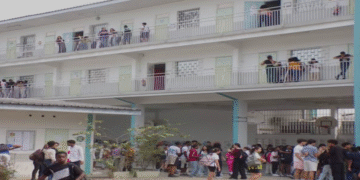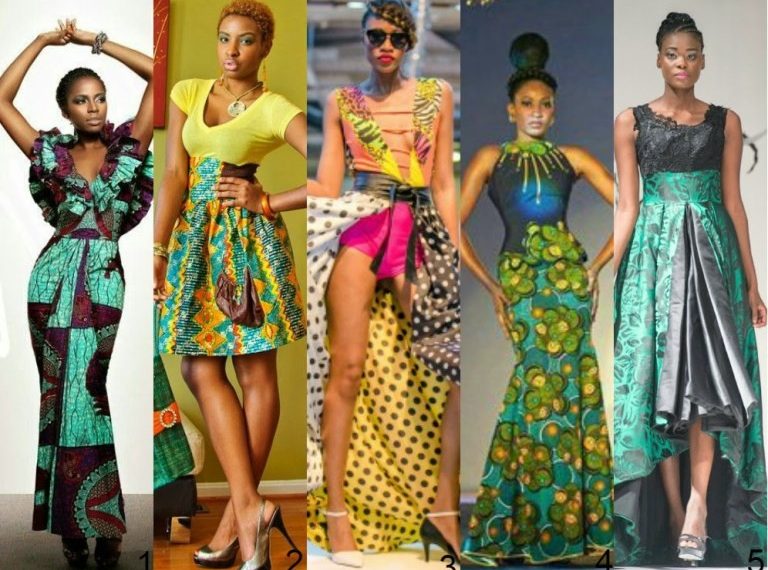Commonly referred to as “Verè” in the jargon of young French speaking Cameroonians, clothes lending between close friends is on the rise. There are many reasons for this trend.
It is a popular phenomenon among young people. Verè” is a collaborative economy practice. Lending clothes reduces the cost of buying new items, while providing access to a varied wardrobe. This collective approach encourages sharing and mutual assistance within circles of friends. “I like designer clothes. However, I don’t have enough money to afford this luxury. So, when I want to go out somewhere chic, I often borrow my best friend’s clothes, as her mother sends them to her from Italy”, confides Justine Etoua, a high school student.
Platforms like Instagram and TikTok have transformed the way fashion is perceived and consumed. Young people are exposed to a variety of styles and often want to experiment without having to invest in every trend. Clothes lending gives them access to trendy pieces while practicing more thoughtful consumption. This practice is not limited to a simple material exchange; it also strengthens bonds of friendship. Sharing clothes creates moments of intimacy and complicity. Young people engage in discussions about style and fashion, strengthening their connection. For many, fashion is a form of personal expression. Lending allows them to explore new styles without the obligation to buy.
They can experiment with clothes that reflect their emotions or mood of the moment. Young people are often faced with special occasions, such as weddings or parties, where they want to wear elegant outfits. Lending or borrowing clothes can alleviate the financial stress associated with these events, while ensuring they live up to expectations. “I been invited to a wedding set for next Saturday. But the problem is, the dress code is green and white. And I don’t have those colors in my wardrobe. I’m planning to ask a friend to lend me his green suit, since I already have white pants. Because it’s impossible for me to buy a green suit now, when we’re only a week away from the wedding”, says Dilane Elanga, who is unemployed.
Lending clothes to friends illustrates a socio-cultural transformation among young people. This practice is not only economical, but also reflects a new way of promoting mutual aid. In an ever-changing world, these young people show that sharing and solidarity can be effective responses to contemporary challenges. Borrowed clothes are returned, they can become damaged or lost, leading to tension between friends. Sharing clothes can also have a spiritual impact. Each of us gives off energy, whether positive or negative. So, by lending a garment, one person can pass on their negative energy to another. This can have spiritual consequences that are difficult to explain, but which deserve to be taken into account.




























































